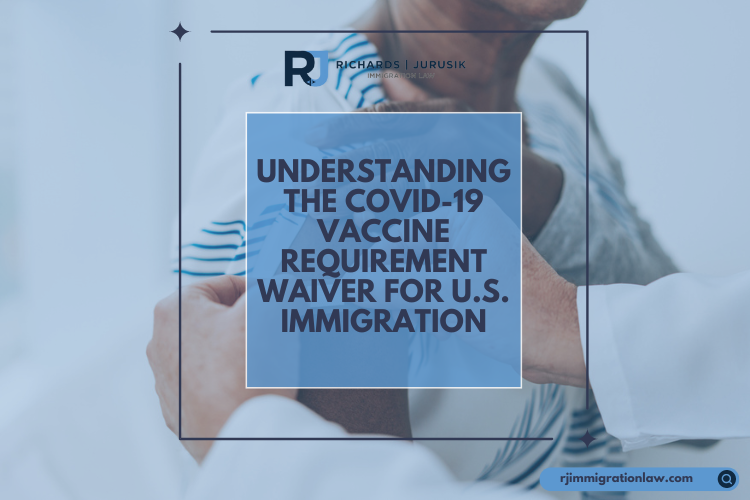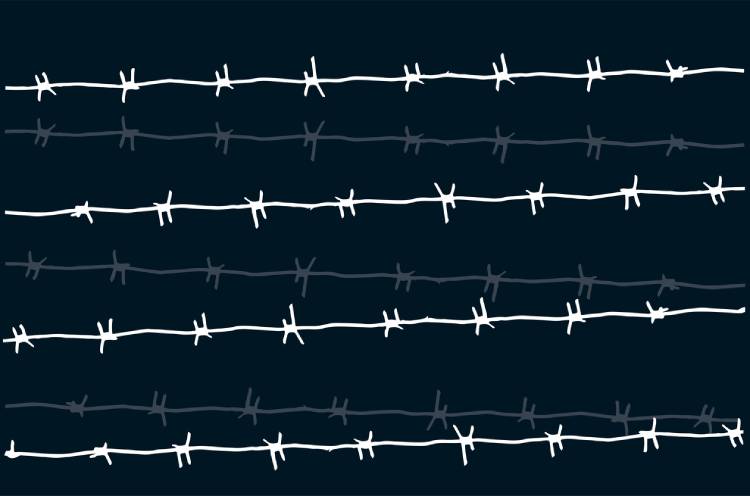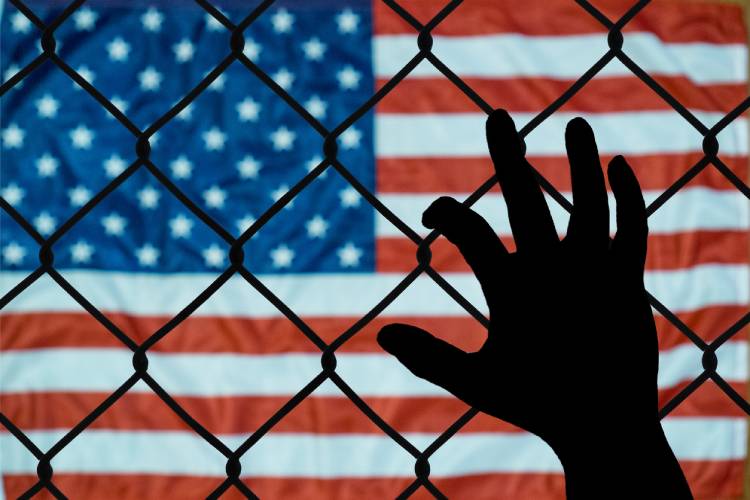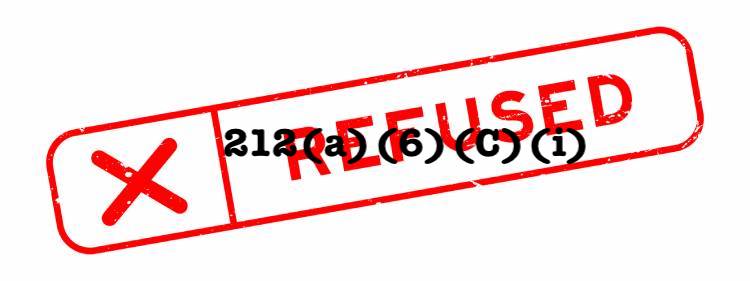Our Client’s Successful National Interest Waiver
Our legal team’s expertise in immigration law ensures success, as our client’s trust highlights. They sought our help for a National Interest Waiver in the U.S., praising our effective communication and responsiveness. This approach builds trust and simplifies the legal journey, making daunting immigration processes manageable and positive.










